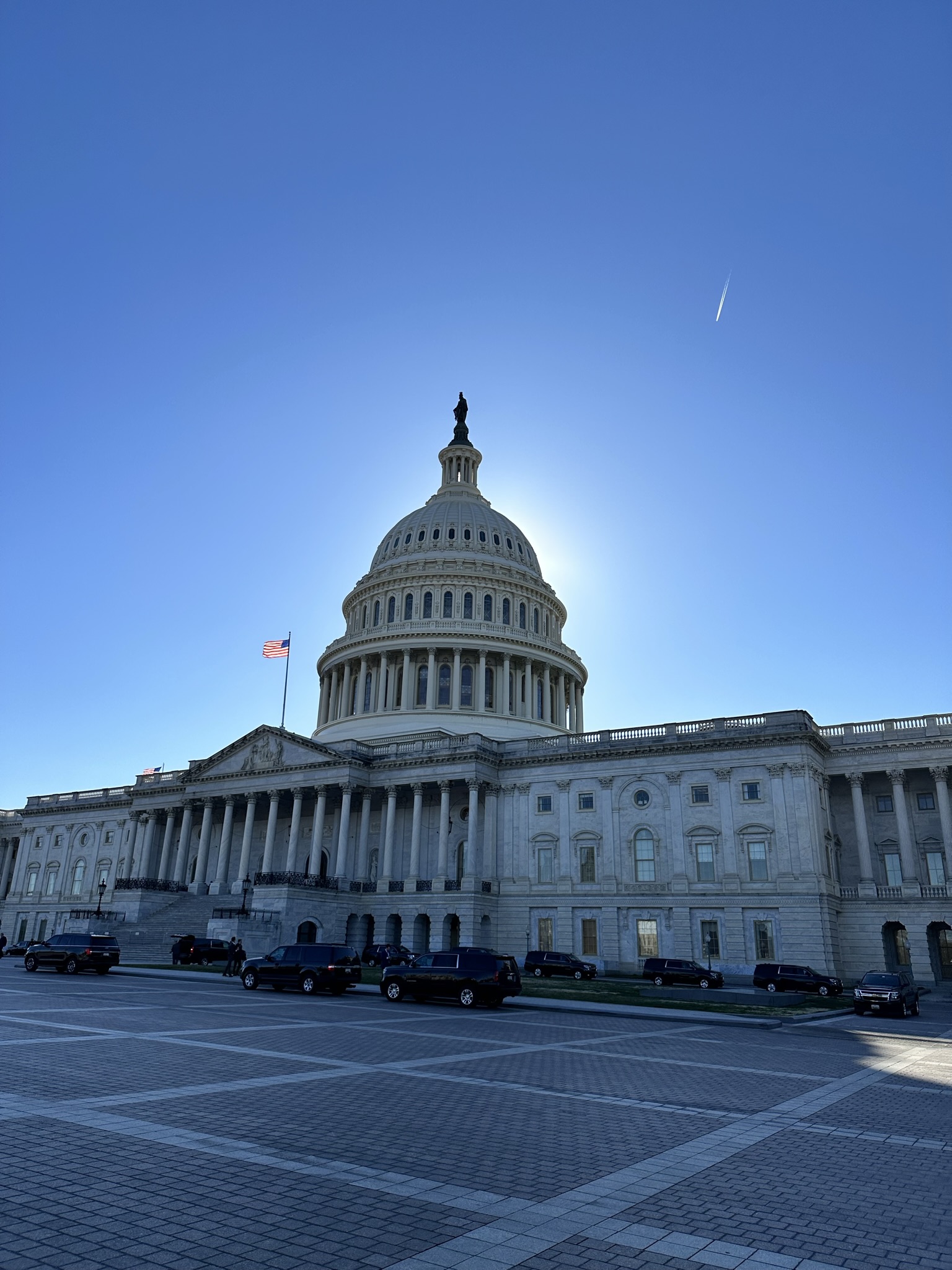Forest Landowners Association | Legislative Update
A rule expanding the definition of bodies of waters subject to federal environmental protections remains in place after the House failed to override President Joe Biden’s veto of a measure that would have repealed it.
On Tuesday, the House passed a disapproval resolution by a vote of 227-196. While this fell short of the two-thirds majority required to overturn a presidential veto, we appreciate the Members of Congress that supported this resolution were joined by 10 Democrats including Congressman David Scott, Ranking Member of the House Agriculture Committee.
In March, the House and Senate passed a disapproval resolution (H.J. Res. 27) with bipartisan support that would have scrapped Biden’s “Waters of the US” rule governing the extent of Clean Water Act protections for waters and wetlands nationwide. President Biden vetoed the measure in early April and a successful override would require two-thirds majorities in both chambers of Congress. The Democratic-led Senate is not expected to hold an override vote on the resolution.
Looking forward, we do not expect the Democratic-led Senate to hold an override vote on this resolution. However, the Supreme Court heard oral arguments on this issue in October in the Sackett v. EPA case and we expect them to rule on the case this year.
Congressional Hearings Update
This week, there were several hearings that dealt with issues of interest to our members. FLA worked with Congressional offices to guide the policy discussions by submitting topics and questions.
House Natural Resources:
On Tuesday, the House Water, Wildlife, and Fisheries Subcommittee held a hearing on legislation that concerned the Endangered Species Act (ESA). Like the resolution dealing with WOTUS, House Republicans are utilizing the Congressional Review Act (CRA) to attempt to overturn regulatory rules.
Noteworthy to FLA, the Subcommittee discussed H.J.Res.46 and H.J.Res.49. H.J.Res.46, sponsored by Congressman Cliff Bentz (R-OR), would overturn the rule announced by the U.S. Fish and Wildlife Service (USFWS) and the National Marine Fisheries Service (NMFS) in June 2022 which rescinded the Trump administration’s regulatory definition of “habitat.” This change opens the door for USFWS and NMFS to designate critical habitat in areas that are not currently occupied by the species in question. H.J. Res. 46 would repeal this rule.
H.J.Res.49, sponsored by Congressman Pete Stauber (R-MN) would overturn the rule USFWS announced to up-list the Northern Long-Eared Bat in November 2022 from a threatened to an endangered species on the federal endangered species list. H.J. Res. 49 would repeal this rule.
Congressman LaMalfa (R-CA), Ranking Member of the House Subcommittee on Forestry, urged the USFWS to recognize the critical role private forest landowners play in conservation efforts and highlighted the negative impact this rule will have on them.
House Agriculture Committee:
On Wednesday, the House Agriculture Committee held a full committee hearing with the head of the Environmental Protection Agency (EPA), Administrator Michael Regan. During this hearing, members voiced concerns that impacted rural committees including the recently proposed rule on WOTUS.
We appreciate both the members of Congress and the Administrator for recognizing how best management practices from private forest landowners offer the economic and environmental benefits our country depends on.
House Ways and Means Field Hearing:
On Friday, the House Ways and Means Committee held a field hearing in Peachtree City, Georgia. We are grateful to Congressman Drew Ferguson, a member of the Committee, for the invitation to attend the hearing. Scott Jones, FLA’s CEO, attended the event and continued to raise awareness for the need to find any legislative vehicle to pass the Disaster Reforestation Act (DRA). In addition, FLA submitted a letter urging the House Ways and Means Committee to favorably consider DRA given the uncertainty our forest landowners face given the lack of tools in the tax code to recover and reforest post-disaster, a lack of a federal safety net, and a lack of crop insurance tools.
